You Will Not Believe Who Actually Owns Most of Planet Earth
Land ownership turns out to be more surprising than most people expect. Across the world, enormous stretches of earth belong to monarchs, church institutions, Indigenous nations, and a few billionaires. The names on the list aren’t always the ones you’d expect.
Handbury Group
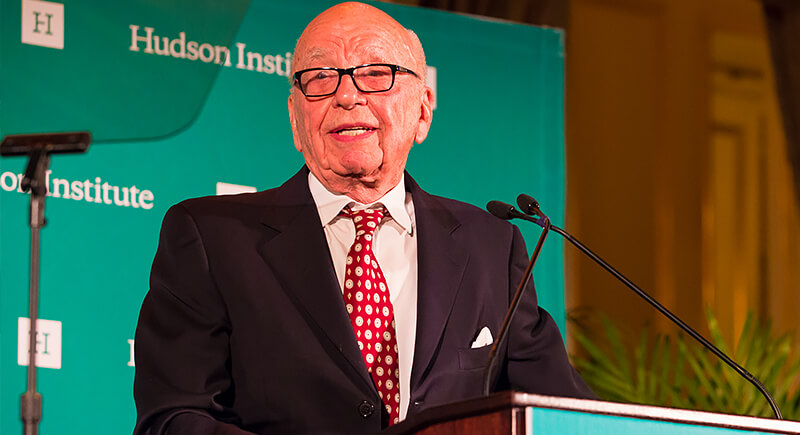
Credit: Wikimedia Commons
In South and Western Australia, the Handbury Group oversees about 13 million acres of grazing land. The business, tied to Rupert Murdoch’s extended family, runs large cattle stations known for their size and steady productivity. Its properties trace a long history in Australia’s pastoral industry, built through gradual expansion over generations.
Jumbuck Pastoral Company
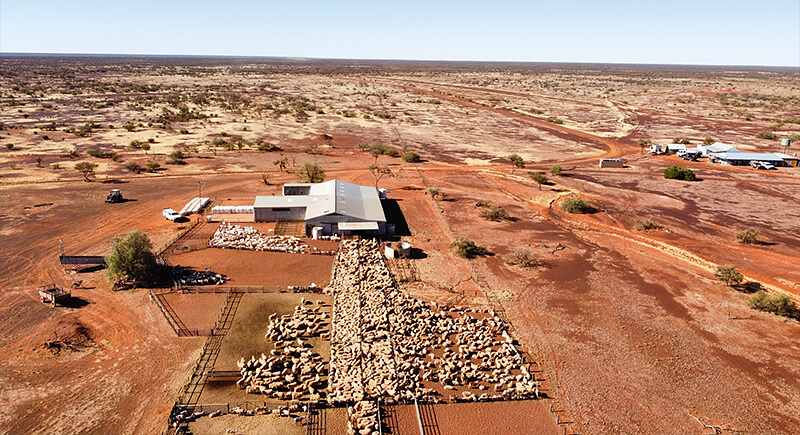
Credit: Facebook
Jumbuck, founded in the late 1800s, remains one of Australia’s biggest wool producers. The MacLachlan family oversees 12.8 million acres across several states, raising Merino sheep for global markets. Generations of experience and modern land practices keep the company competitive while maintaining close ties to rural communities.
North Australian Pastoral Company

Credit: Facebook
Spanning about 14.8 million acres across Queensland and the Northern Territory, the North Australian Pastoral Company is one of the country’s oldest beef producers. Founded in 1877, it operates massive cattle stations while investing in research on soil, water, and grazing systems to sustain production in Australia’s toughest landscapes.
Australian Agricultural Company
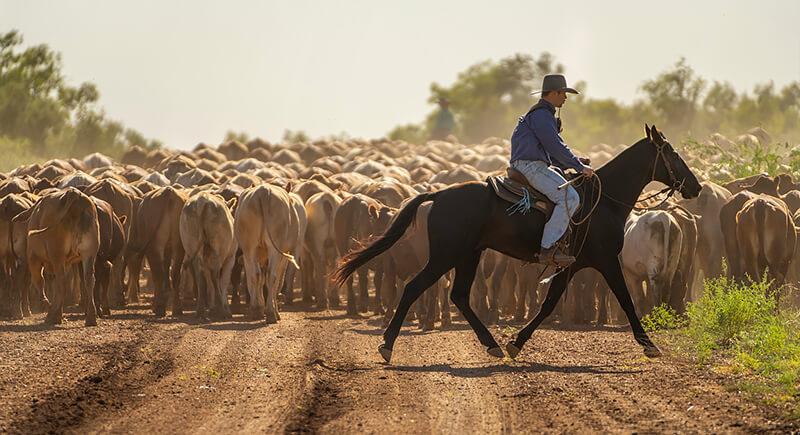
Credit: Facebook
The Australian Agricultural Company began in 1824 and grew from a sheep enterprise into one of the world’s largest beef producers. Its stations cover roughly 15.8 million acres, many equipped with their own airstrips to move people and cattle across remote regions. British investor Joe Lewis holds the biggest share, backing operations that link outback ranching with global meat markets.
Mudanjiang City Mega Farm
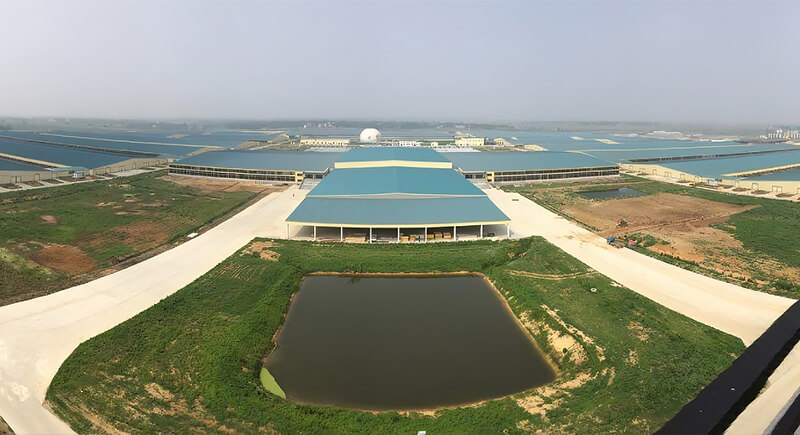
Credit: Reddit
In China’s Heilongjiang Province, a large joint venture between Russian and Chinese investors has transformed open land into one of the world’s biggest dairy operations. About 100,000 cows produce roughly 800 million liters of milk each year, a surge that followed Russia’s import ban and growing regional demand.
Inuvialuit People of Canada
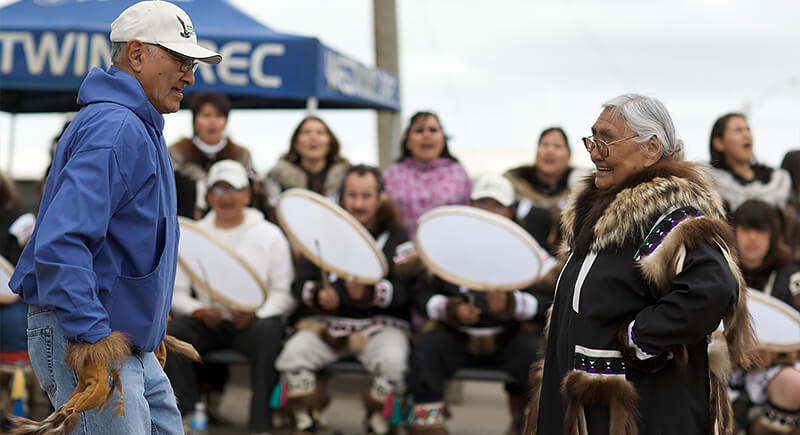
Credit: Facebook
In 1984, the Inuvialuit reached a landmark settlement that returned 22.5 million acres of Arctic land to their stewardship. The agreement granted them control over coastal and island territories in the Northwest Territories, where they continue to balance resource development with environmental protection and cultural preservation.
Gina Rinehart
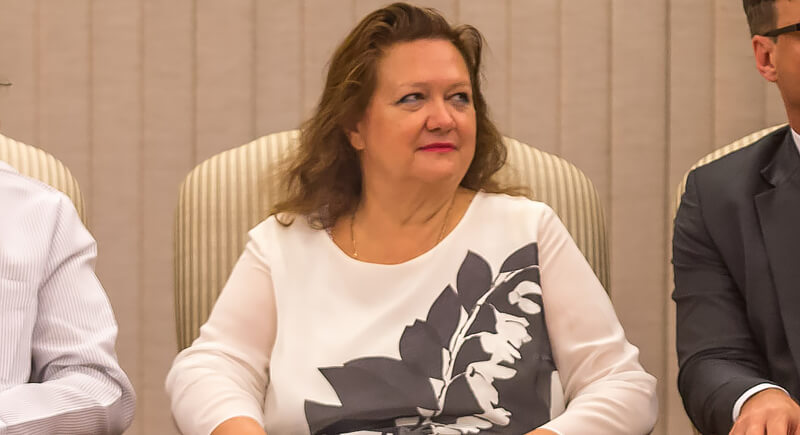
Credit: Wikimedia Commons
Australia’s richest individual oversees about 22.7 million acres used primarily for cattle production. Her business empire began with mining but expanded into agriculture through acquisitions of major stations. These properties supply beef to export markets, showing how personal wealth can reshape rural economies through large-scale private investment.
Inuit People of Nunavut
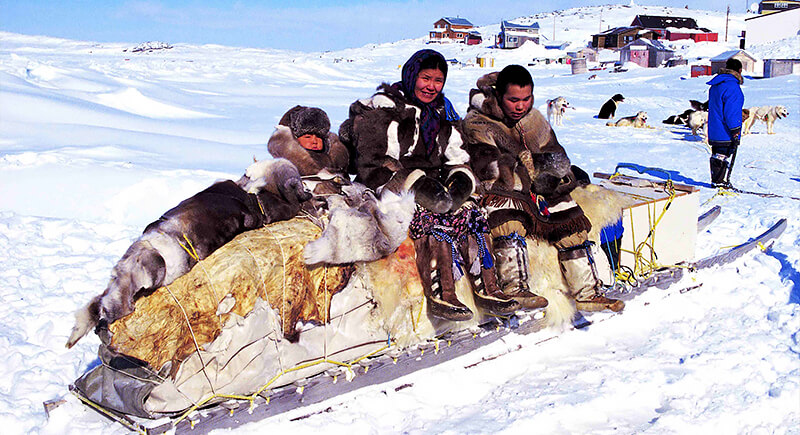
Credit: Wikimedia Commons
Through the 1993 Nunavut Land Claims Agreement, the Inuit gained ownership of approximately 87.5 million acres in northern Canada. The deal created a self-governing territory with control over mineral and wildlife management. Their system merges traditional decision-making with modern law to sustain livelihoods across the Arctic landscape.
The Catholic Church
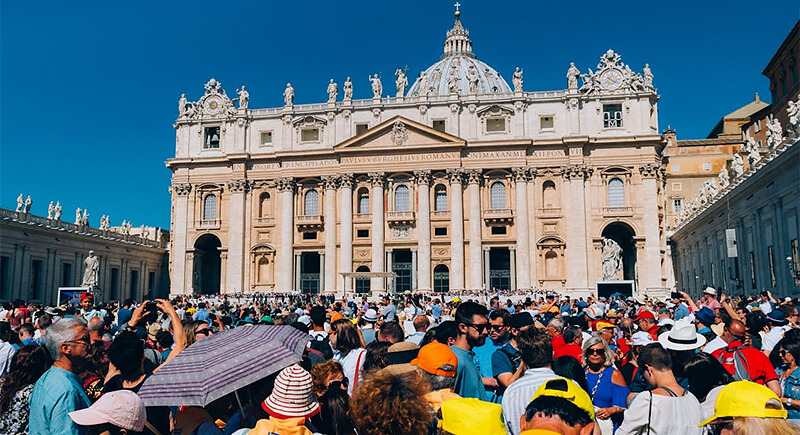
Credit: pexels
The Catholic Church holds an estimated 177 million acres worldwide, spanning cathedrals, schools, farmland, and urban property. Its land supports education, worship, and humanitarian work across continents. Centuries of donations and inheritance have made it a unique combination of spiritual influence and global real estate management.
King Charles III and the British Royal Family
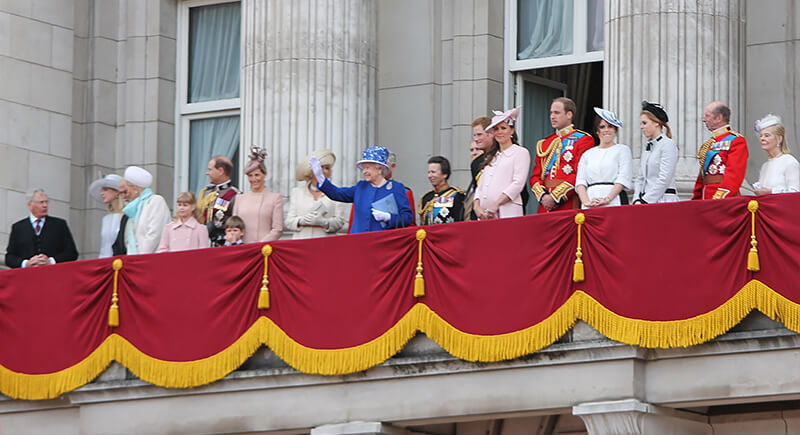
Credit: Wikimedia Commons
As head of the British Commonwealth, King Charles III presides over territories covering about 6.6 billion acres, nearly one-sixth of the planet’s land. These holdings include the United Kingdom, Canada, and other Commonwealth nations held in trust under the Crown, a reflection of centuries of inherited authority rather than personal ownership.